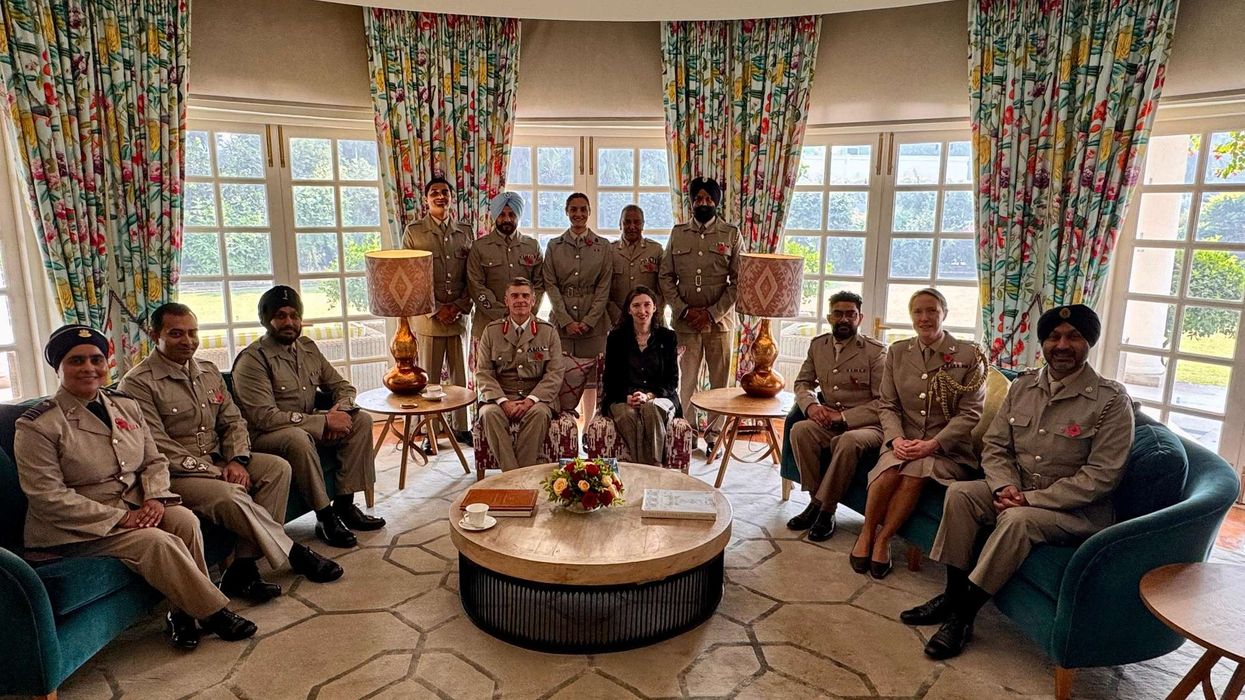THERE have been headlines about the cake, the bride’s dress and Prince Harry’s diet; bets are being placed on the colour of the Queen’s hat and commemorative souvenirs are on sale: royal wedding fever is at its peak as the big day draws closer.
Previous royal weddings have received similar immense global interest, such as Prince William and Kate Middleton’s nuptials in 2011. An event such as this is a hugely powerful marketing tool for the country, enticing visitors to be a part of the atmosphere on the day itself (an additional 350,000 people came to Britain in April 2011), but also to make plans to come to the UK and London in the future. Some experts claim the value of such a national showcase is close to £100 million.
Across the Edwardian Hotels London portfolio, we have seen an increase in overall occupancy by nearly 20 per cent compared to this time last year, and I suspect many other hotel groups are experiencing similar trends. There has been a rise in the number of reservations being made by guests from across Europe (12 per cent) and the US (seven per cent) – visitors who are, no doubt, keen to head to Windsor to see if they can grab a glimpse of Prince Harry and Meghan, or stay in the capital to participate in wedding-themed events.
It’s not just tourists who are looking for places to stay. The world’s media are also in town to cover one of the biggest stories of the year – we’ve received several group enquiry requests from sectors such as media and entertainment from various markets. Apart from those wanting hotel stays, the hospitality industry is also set to benefit from an increase in revenue in restaurants and pubs as the country embraces the wedding celebrations.
However, this isn’t just about the royal wedding. When the date was first announced, there were concerns that fans of both the royals and football would be forced to choose in a coverage clash. That is no longer the case due to scheduling, but major sporting events such as English football’s showpiece, the FA Cup final at Wembley, provides a significant boost to the local, London and national economy in the short and long term. It is thought that combined TV audiences for both events will be in excess of 2.5 billion around the world.
Competition between global cities to attract tourists remains fierce. Visitors to the capital are set to rise sharply in the next few years, with the mayor of London recently announcing that more than 40 million people are expected by 2025.
With more people than ever coming to the country and London in particular, it is down to us, particularly those working in the hospitality industry, to host them well. It is critical that guests who come to the UK, and London specifically, are welcomed. This weekend’s events are a chance to demonstrate our support of diversity, commitment to quality and our desire to have a good time.
Oh, and my money is on blue, by the way...

















Fever pitch: How royal wedding interest benefits the UK economy